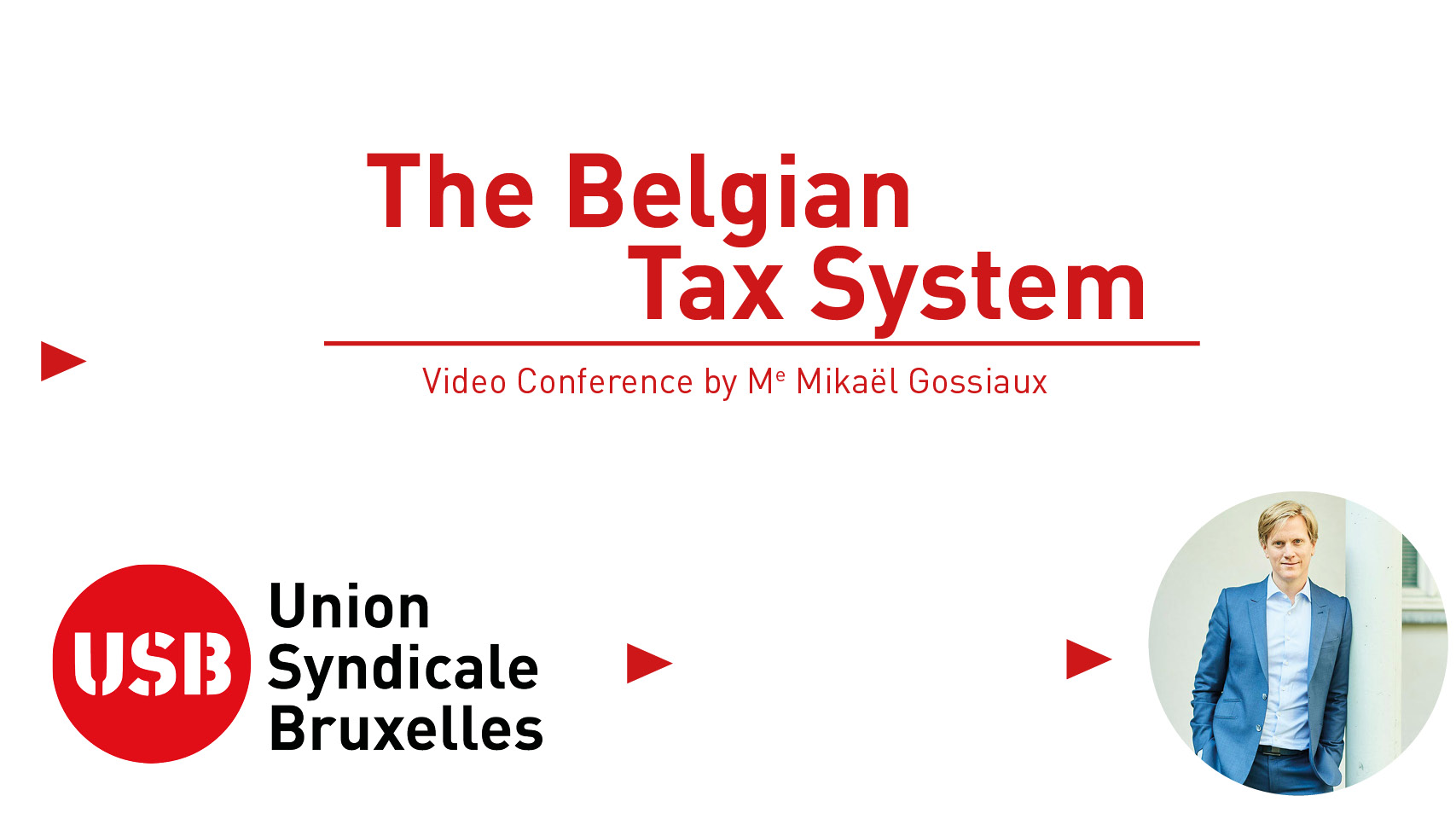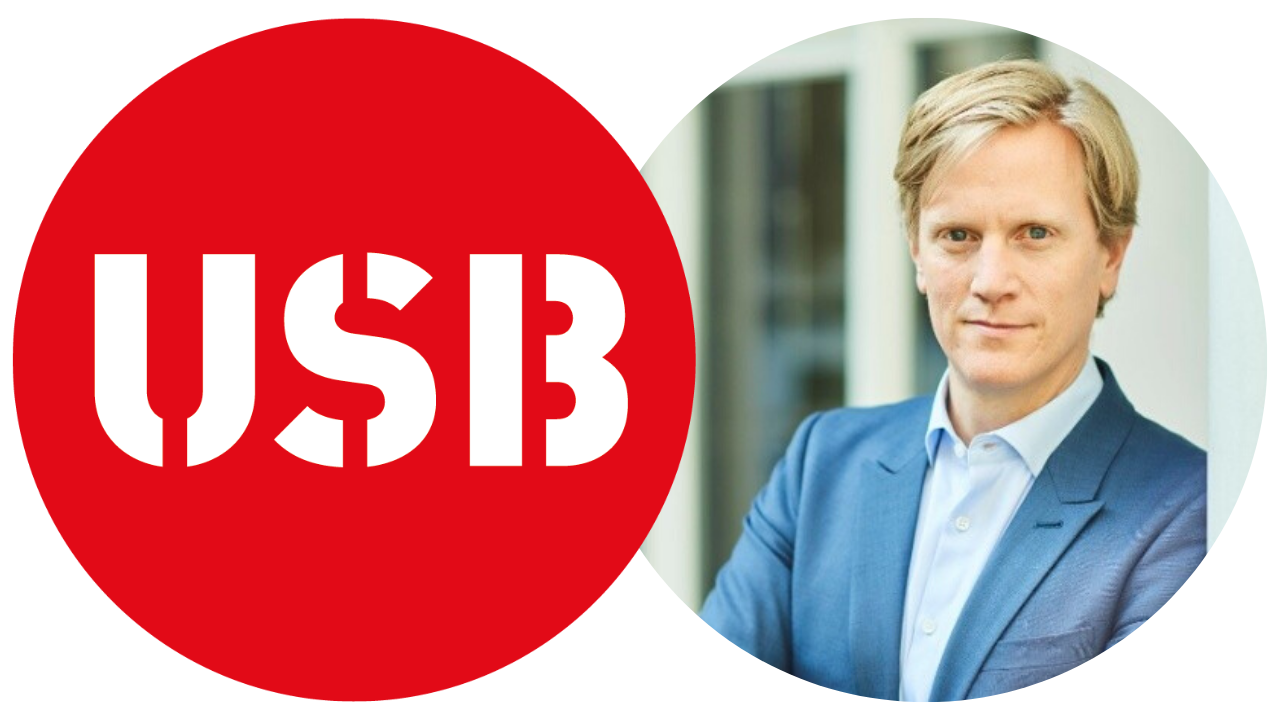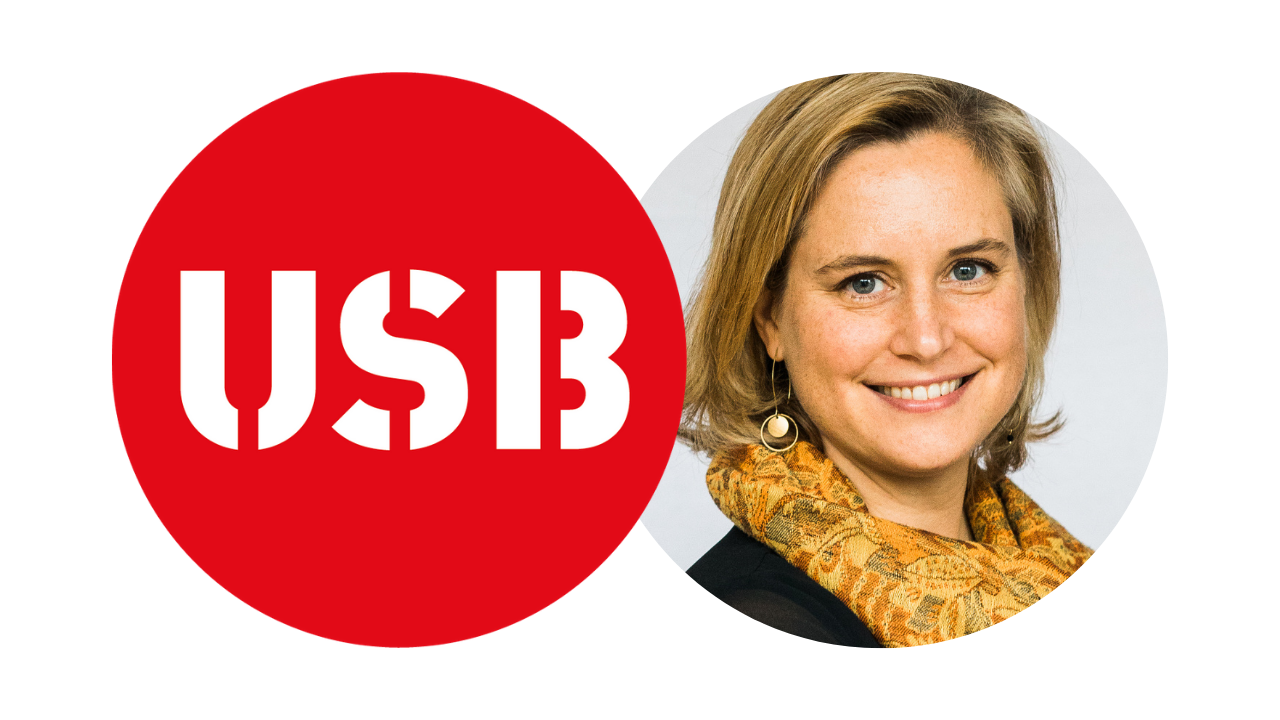
The acquisition, by officials and other EU employees, of the nationality of the country in which they serve has irreversible consequences in terms of the expatriation allowance, such as provided for in Article 4 – Annex VII of the Staff Regulations.
Staff Regulations are quite clear and impose only one condition for not losing (if one has it) the expatriation allowance (the famous 16%) upon acquiring the nationality of the country of assignment, and that is that: “during the ten years ending at the date of their entering the service habitually resided outside the European territory of that State for reasons other than the performance of duties in the service of a State or of an international organisation”
Despite this clarity, P.M.O. has long raised a smokescreen on the issue, entrenching themselves behind the usual “we will see on a case-by-case basis” that has often discouraged colleagues from applying for nationality for fear of losing that allowance.
Until a few months ago, even the ‘Intracomm’ page dedicated to the expatriation allowance was misleading in its English version, as it said that ‘the expatriation allowance can also be paid……’.
It must be acknowledged (and the Director of the PMO is to be thanked for this) that, a few days after our alert, the English version of the page was changed and now reflects both the statutory provisions and the French version.
However, despite repeated requests on our part, the Director of the PMO obstinately refuses to recognise in writing that in the case of a person acquiring the nationality of his country of assignment but “who, during the ten years ending at the date of their entering the service, habitually resided outside the European territory of that State for reasons other than the performance of duties in the service of a State or of an international organisation” there cannot be any valid reason to deny the allowance”.
For these reasons, the advice that both the Director of the PMO and Union Syndicale give to colleagues who intend to apply for the nationality of the country in which they serve is to clarify, beyond any possible doubt, their situation, by “submitting a request for an administrative decision (Article 90(1)) to be in a position to take an informed decision” and this before taking action to obtain the new nationality.
Union Syndicale remains at the disposal of colleagues to assist them in this demarche.
We would like to recall the lecture (in French) on the acquisition of Belgian nationality, given by Maître Céline Verbrouck, which can be viewed on our youtube channel







